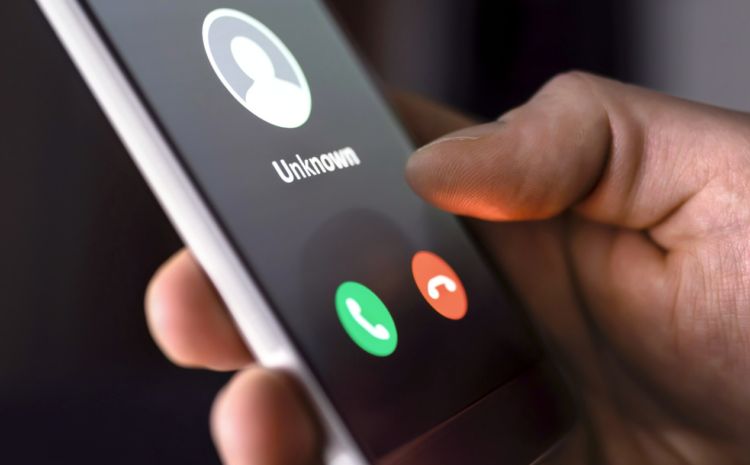
5 Things To Do After a Data Breach
Data breaches and online scams have become all too common in today’s digital age.
Unsuspecting consumers are vulnerable to all kinds of identity theft issues online, from Facebook scams to credit card company breaches, to fake hospital bills and mock government agencies, no industry seems to be safe from online hackers.
If you’ve been notified that your personal information has been compromised, you must act fast! The first 48 hours is the difference between stopping identity thieves or letting them wreak havoc on your financial life for months to come.
Below we’ve gathered a list of five things to do after a data breach:
1. Find Out What Was Compromised
Learning that your information has been used against you can be scary. But don’t let panic stop you from taking the appropriate steps to recover before it’s too late. First and foremost, find out what information was compromised because depending on the information obtained, may require more urgency.
2. Change Your Passwords
After a data breach, you should change all your passwords as soon as possible. To avoid having to remember a long list of passwords, write them down on a piece of paper, or use a password manager.
3. Get Alerts
For added layers of security, consider placing alerts on your credit reports, transactions, and frauds. A fraud alert requires a business to verify its identity first before issuing a new line of credit. It’s free and remains active for one year.
To prevent further fraudulent activity, sign up for transaction alerts for bank and credit card accounts. You will be notified by email or text message whenever a change occurs.
4. Monitor Credit Report
After you’re involved in a data breach, you’re probably on high alert in the weeks and months aftward. This is important because this is the best time to keep a close eye on your credit report, and doing this will help you flag any suspicious activity as soon as it occurs.
5. Beware of Phishing Scams
Emails and phone numbers can be targeted for data breaches. In some cases, scammers will pose as official representatives and may try to pressure you on the spot into making payments over the phone.
According to Kiplinger, it’s important to note:
“Federal government agenc[ies], such as the IRS, won’t ever call you and request payment of any sort over the phone. The IRS always sends notifications via snail mail if there’s a legitimate situation that needs to be addressed. With potential e-mail scams, don’t click on any links or open attachments that look suspicious. Doing so could infect your computer or smartphone with malware, allowing scammers to gain access to your device without your knowledge. Lastly, never authenticate yourself over the phone when contacted by someone you aren’t sure is who they say they are. If you’re doubtful, look up the phone number for the institution this person is claiming to represent, and call it to see if it actually contacted you.”
For more blogs on ID Theft, read our posts titled “Why Identity Theft Insurance is Important,” “How to Recover From Identity Theft, “5 Identity Theft Protection Tips” and More!
Get ID Theft Insurance from National Public Employee Alliance
Protect yourself from future breaches, and relentless online hackers with ID Theft Insurance from National Public Employee Alliance! Fill out the form below for more information:





